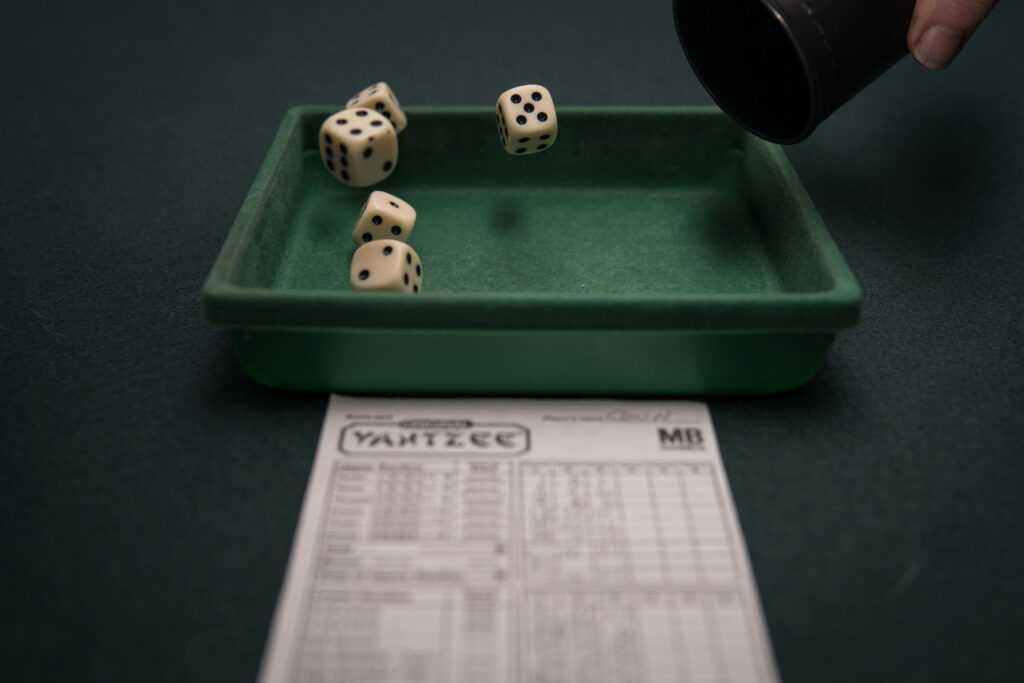Why Responsible Gambling Matters
Gambling has carved out a firm spot in modern entertainment—whether it’s a casual sports bet with friends or spinning reels on your phone during a lunch break. For some, it’s light fun. For others, it tips too easily into something heavier. That’s where the line between entertainment and risk gets blurry. When the thrill of the wager outweighs the enjoyment of the game, you’re already in the red zone.
In a world filled with instant gratification, gambling offers a rush. Modern platforms serve up bets constantly, at all hours. But more volume doesn’t mean more fun—it often leads to less control. Responsible gambling isn’t about avoiding it altogether. It’s about going in informed, knowing your limits, and understanding the mechanics before a single bet is placed.
Awareness is the first step. Know what you’re playing, what you stand to lose, and what behavior signals you’ve crossed into dangerous ground. It’s not about fear—it’s about focus. Make gambling fit your life, not the other way around.
Know the Basics Before You Bet
If you’re serious about gambling responsibly, start with the basics. That means understanding odds and knowing the types of bets you’re placing. Odds aren’t just numbers—they’re signals. They tell you the implied probability of an outcome and how much you can win. Whether you’re looking at fractional odds (like 5/1), decimal odds (6.00), or moneyline odds (+500), the goal is the same: to know what you stand to gain—or lose—before you commit.
Betting comes in different flavors. Money line bets are the simplest—you’re picking who wins, nothing else. Point spreads level the field; you’re not just betting on who wins, but by how much. Parlays are where things ramp up. Multiple bets strung together for a higher payoff—but miss one, and it’s game over. Then there are over/unders, teasers, and proposition bets. Each type comes with its own risks and rewards.
If none of this rings a bell—or if you’re still fuzzy on what separates a parlay from a straight bet—then you’ll want to take five minutes to read this solid breakdown: Understanding Odds and Bet Types – A Beginner’s Guide.
Setting Personal Limits
Gambling isn’t a plan—it’s a pastime. The moment it becomes a strategy for solving financial problems, you’re already behind. That’s why setting clear personal limits before you go in is non-negotiable. Start with time and money. Decide how much you can afford to lose—meaning, money that won’t affect your bills, rent, or groceries. Same with hours. Playing past midnight on a weeknight or burning a whole weekend is a slippery slope.
Use the tools. Most platforms offer deposit limits, betting caps, and cooldown periods. Set them and stick to them. Self-exclusion features are there for a reason—zero shame in hitting the pause button when things start to slide. These guardrails aren’t just for people with a problem. They’re for anyone who wants to keep it from becoming one.
Goal-setting is the last piece of the puzzle. Know what you’re playing for. If your goal is to unwind, don’t chase wins. If it’s excitement, keep stakes small and the vibe light. Defining success on your terms can keep things fun—and under control.
Red Flags of Problem Gambling
Understanding the early signs of problem gambling is critical—not just for individual players, but also for their friends and families. Identifying these red flags early on can help prevent long-term harm.
Behavioral Warning Signs
Problem gambling doesn’t begin overnight. It often starts with subtle changes in behavior:
- Chasing losses: Continuing to gamble in an effort to win back money already lost
- Hiding activity: Lying about the amount of time or money spent on gambling
- Increased mood swings: Feeling irritable, anxious, or frustrated when not gambling
- Neglecting responsibilities: Skipping work, school, or social obligations due to gambling
Spotting the Signs—In Yourself or Others
Being honest with yourself is key. Watch for patterns in how gambling makes you or someone you care about feel and act:
- Is gambling becoming a secretive or isolating activity?
- Do you feel guilt or shame after placing bets?
- Are finances becoming strained without clear explanation?
If the answer to any of these is yes, it may be time to reassess your gambling habits.
Understanding the Psychology Behind It
Gambling taps into powerful psychological triggers that can make it difficult to stop:
- The illusion of control: Believing you can influence outcomes in games of chance
- Intermittent rewards: The brain’s dopamine response can reinforce behavior, even when losing overall
- Cognitive distortions: Rationalizing losses or believing a win is just around the corner
Recognizing these psychological traps is the first step toward healthier habits. By understanding what’s happening beneath the surface, players can make more informed, conscious decisions.
How to Gamble Safely
Start with the basics: only gamble with licensed, regulated operators. These are the platforms that follow strict rules around fairness, security, and protecting users. If a site buries its contact info or dodges questions about its licensing, walk away.
Next, read the fine print. Promotions and bonuses can look generous at first glance, but they often come with strings—wagering requirements, cash-out limits, and other restrictions. Know what you’re agreeing to before clicking “accept.”
Most importantly, own your exit strategy. Set limits not just on money, but on time. Know your signs—when fun turns into habit, or habit turns into stress. The smartest gamblers aren’t the ones who win every bet. They’re the ones who know when to power down, walk away, and come back on their terms.
Resources for Help and Advice
You’re not alone—and you don’t have to figure it out solo. Several organizations specialize in helping people navigate gambling responsibly, especially when it starts to feel like more than just a game. Trusted names like Gamblers Anonymous, the National Council on Problem Gambling (NCPG), and GamCare offer hotlines, support groups, and free resources for anyone who needs a reset.
If you’re not sure whether your habits are healthy, there are apps and tools built for quick, honest self-checks. Try tools like BetBlocker, GamBan, or the self-assessment quiz from BeGambleAware. They’re private, easy to use, and can give you the clarity to take the next step—whether that’s dialing things back or seeking help.
The hardest part? Talking about it. But here’s the truth: reaching out isn’t weakness, it’s strength. Whether it’s a friend, partner, or professional, saying something early can make all the difference. The goal isn’t to give up the fun—it’s to keep control.
Final Thought
Gambling is supposed to be fun. It’s a form of entertainment—like going to the movies or hitting a concert. If it starts to feel like stress, compulsion, or a job, it’s time to step back. The moment you’re gambling to escape life instead of enjoy it, you’re no longer in control.
The most seasoned gamblers, the ones who stay in the game long-term, know how to draw the line. They set limits, take breaks, and walk away when the fun stops. Winning feels great, but playing smart matters more than any payout.
Stay sharp. Stay balanced. And remember, you’re the one calling the shots—not the game.


 Otis Rogerstics is a dedicated author at GambleFitnessSplash known for his sharp insights on the relationship between technology, sports, and healthy living. His work focuses on practical strategies and digital tools that help readers improve both performance and balance.
Otis Rogerstics is a dedicated author at GambleFitnessSplash known for his sharp insights on the relationship between technology, sports, and healthy living. His work focuses on practical strategies and digital tools that help readers improve both performance and balance.

